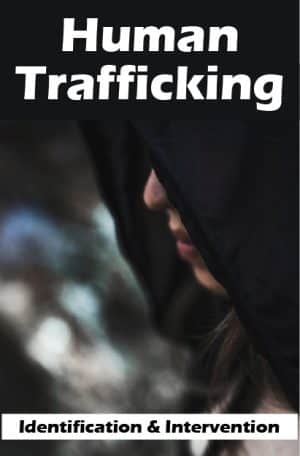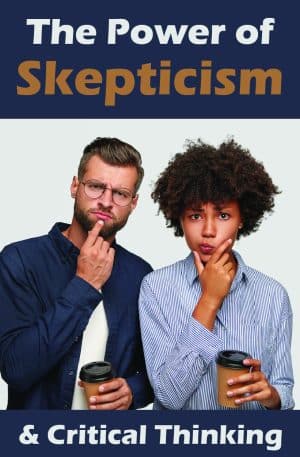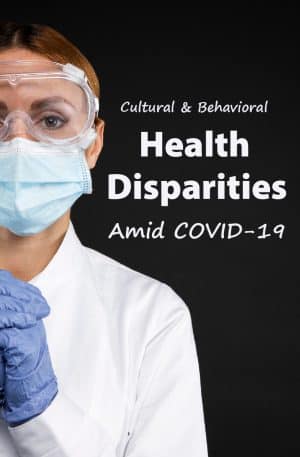- ADHD
- Adults
- Alternative Medicine
- Alzheimers & Aging
- Animal-Assisted Therapy
- Autism
- Behavior Therapy
- Child & Adolescent
- Closeout
- Communication
- Couples-Family-Parenting
- Cultural Diversity
- Depression & Anxiety
- Domestic Violence
- Ethics & Risk Management
- Gender Identity
- HIV-AIDS
- Human Trafficking
- Laws & Rules
- Medical Errors
- Mindfulness & Yoga
- Miscellaneous
- National Psychologist
- Nutrition & Fitness
- Pain Management
- Psychotherapy
- Sexuality
- Substance Abuse
- Suicide
- Supervision
- Trauma & PTSD
Cultural Awareness in Healthcare
Claire Dorotik-Nana, LMFT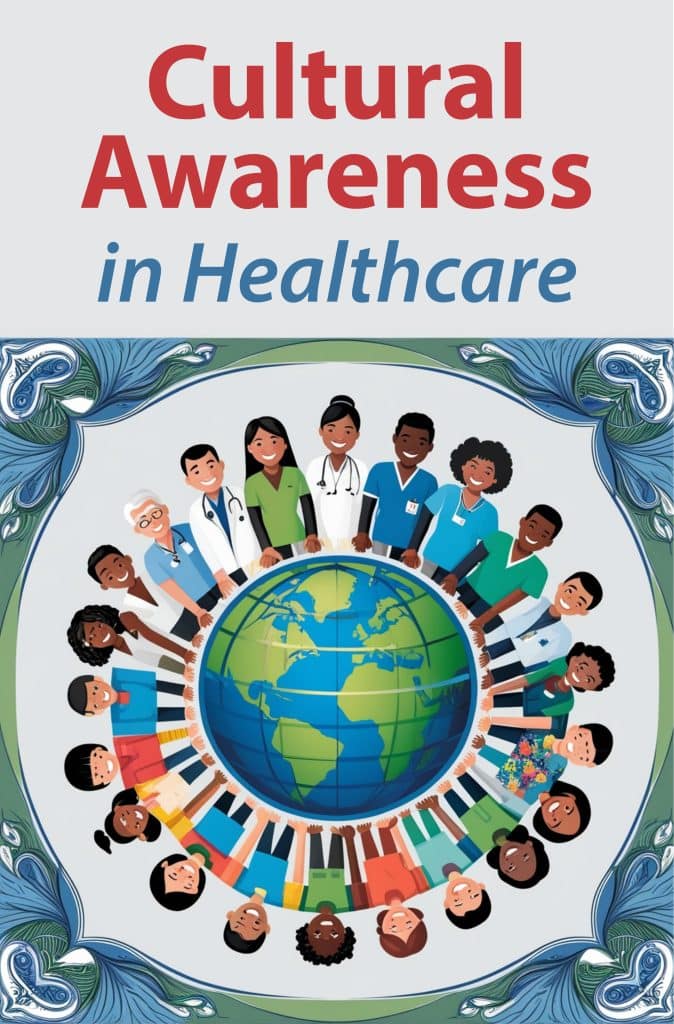
$39.00
 Intermediate
Intermediate
 Online
Online
Course Abstract
Cultural Awareness in Healthcare is a 3-hour online continuing education (CE) course designed to examine cultural disparities within the healthcare system. It includes activities aimed at enhancing awareness and fostering greater cultural competence among participants.
The course begins with a definition of cultural awareness, and what it means to be culturally aware. This section will cover various subjects, including cultural competence and intercultural competence, prevalent models of cultural competence, and the influence of factors such as ethnocentrism, individualism versus collectivism, masculinity versus femininity, power distance, tolerance for uncertainty, and short-term versus long-term orientation on cultural awareness. Additionally, the course will address cultural intelligence and the four capabilities associated with cultural quotient.
We will then examine the significance of cultural awareness, addressing various issues such as the misinterpretation of culture within the medical field, which has resulted in healthcare systems that often overlook personal interactions between patients and caregivers. We will also consider the impact of language on cultural comprehension, the disparities in access to life-saving cancer treatments, and the differences in recovery rates among minority groups. Additionally, we will discuss how social isolation and loneliness can elevate the risk of heart attacks and strokes, the implications of individualistic cultures on perceptions of loneliness and the associated stigma, and the contrasting post-career quality of life experienced by Black and White NFL players. Furthermore, we will highlight the disproportionate mental and physical health challenges faced by racial and ethnic minorities during the pandemic, the cultural variations in the likelihood of receiving bystander CPR, and the heightened risk of misdiagnosis in mental health contexts. We will also explore the connection between cultural awareness and the misinterpretation of emotions, including the ability to distinguish between a genuine Duchenne smile and a feigned one, the influence of racial bias on empathy development, and finally, the detrimental effects of cultural insensitivity on our overall quality of life.
Next, we will examine the ways in which cultural awareness can benefit us. This includes the development of more trustworthy networks, enhancement of affective trust, promotion of open idea sharing and cross-cultural collaboration, and improvement in the effectiveness of educators and managers. Additionally, it plays a crucial role in reducing cultural biases that adversely affect minorities, enabling us to better recognize stressors that are specific to certain cultural groups and comprehend how these stressors may influence health outcomes.
The final section of this course will examine the development of cultural awareness. It will feature a range of activities that can be employed daily to confront implicit biases, enhance understanding of indigenous perspectives, promote conversations with individuals from diverse cultures, and ultimately improve our cultural competence.
Outline
- Introduction
- Section 1: What Is Cultural Awareness?
- Section 2: Why Cultural Awareness Matters
- Section 3: How Cultural Awareness Can Help Us
- Section 4: How Do We Build Cultural Awareness?
- Section 5: Awareness Exercises
- Summary
Course #31-55 | 2025 | 57 pages | 20 posttest questions
Learning Objectives
- Differentiate between cultural awareness and cultural competence
- Investigate five factors that improve and five factors that hinder cross-cultural interactions
- Compare and contrast four models of assessing cross-cultural competence
- Provide three examples of health disparities that minorities experience
- Illustrate three ways that cultural awareness can improve cross-cultural collaboration
- Demonstrate three ways we can build cultural awareness
Course Directions
This online course provides instant access to the course materials (PDF download) and CE test. The course is text-based (reading) and the CE test is open-book (you can print the test to mark your answers on it while reading the course document).
Successful completion of this course involves passing an online test (80% required, 3 chances to take) and we ask that you also complete a brief course evaluation.
About the Author(s)
Claire Dorotik-Nana, LMFT : Find out More
Claire Dorotik-Nana, LMFT, is a Licensed Marriage and Family Therapist who specializes in post-traumatic growth, optimal performance, and wellness. She is licensed to practice in California and Colorado. Claire earned her BS in Kinesiology and worked as a personal trainer for years before becoming a course developer for International Sports Science Association. Claire is always thinking about ways to improve physical fitness and nutrition as a modality for improving mental health. She also writes in her popular blog, Leveraging Adversity on Psychcentral.
Disclosure
Financial: Claire Nana receives author compensation from Professional Development Resources.
Nonfinancial: No relevant nonfinancial relationships exist.
CE Information
Counseling
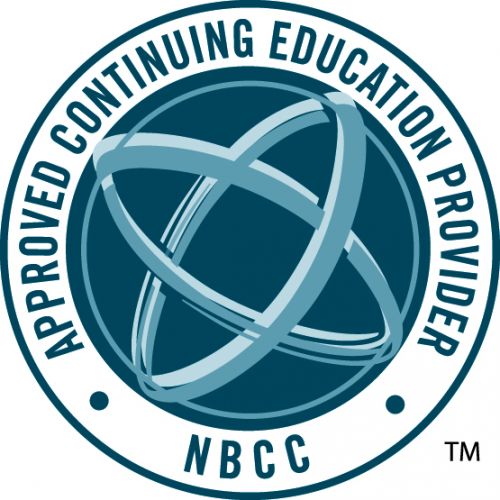
Professional Development Resources (PDR) has been approved by the National Board for Certified Counselors (NBCC) as an Approved Continuing Education Provider, ACEP No. 5590. Programs that do not qualify for NBCC credit are clearly identified. PDR is solely responsible for all aspects of the programs.
Professional Development Resources is CE Broker compliant (#50-1635 - all courses are reported within two business days of completion). Professional Development Resources, Inc. is recognized by the New York State Education Department’s State Board for Mental Health Practitioners as an approved provider of continuing education for licensed mental health counselors (#MHC-0135 - Note: New York counselors will receive 3 continuing education credits for completing this self-study course).
Marriage and Family Therapy
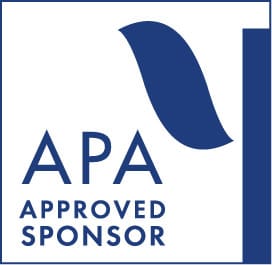
Professional Development Resources is approved by the American Psychological Association (APA) to sponsor continuing education for psychologists. Professional Development Resources maintains responsibility for this program and its content. Professional Development Resources is also approved by the National Board of Certified Counselors (NBCC ACEP #5590); the Association of Social Work Boards (ASWB #1046, ACE Program); the New York State Education Department's State Board for Mental Health Practitioners as an approved provider of continuing education for licensed marriage and family therapists (#MFT-0100 - Note: New York MFTs will receive 3 continuing education credit(s) for completing this self-study course); the Texas Board of Examiners of Marriage and Family Therapists (#114); and is CE Broker compliant (#50-1635 - all courses are reported within two business days of completion).
Psychology

Professional Development Resources is approved by the American Psychological Association (APA) to sponsor continuing education for psychologists. Professional Development Resources maintains responsibility for this program and its content.
Professional Development Resources is CE Broker compliant (#50-1635 - all courses are reported within two business days of completion). Professional Development Resources, Inc. is recognized by the New York State Education Department’s State Board for Psychology as an approved provider of continuing education for licensed psychologists (#PSY-0145).
School Psychology

Professional Development Resources is approved by the American Psychological Association (APA) to sponsor continuing education for psychologists. Professional Development Resources maintains responsibility for this program and its content.
Professional Development Resources is CE Broker compliant (#50-1635 - all courses are reported within two business days of completion). Professional Development Resources, Inc. is recognized by the New York State Education Department’s State Board for Psychology as an approved provider of continuing education for licensed psychologists (#PSY-0145).
Social Work
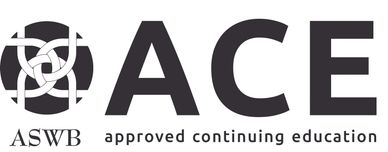
Professional Development Resources, #1046, is approved as an ACE provider to offer social work continuing education by the Association of Social Work Boards (ASWB) Approved Continuing Education (ACE) program. Regulatory boards are the final authority on courses accepted for continuing education credit. ACE provider approval period: 6/12/2022 - 6/12/2025. Social workers completing this course receive 3 clinical continuing education credits.
Professional Development Resources is CE Broker compliant (#50-1635 - all courses are reported within two business days of completion). Professional Development Resources, Inc. is recognized by the New York State Education Department's State Board for Social Work as an approved provider of continuing education for licensed social workers (#SW-0664 - Note: New York social workers will receive 3 continuing education credit(s) for completing this self-study course). Professional Development Resources is also approved by the Texas State Board of Social Worker Examiners (#5678).
